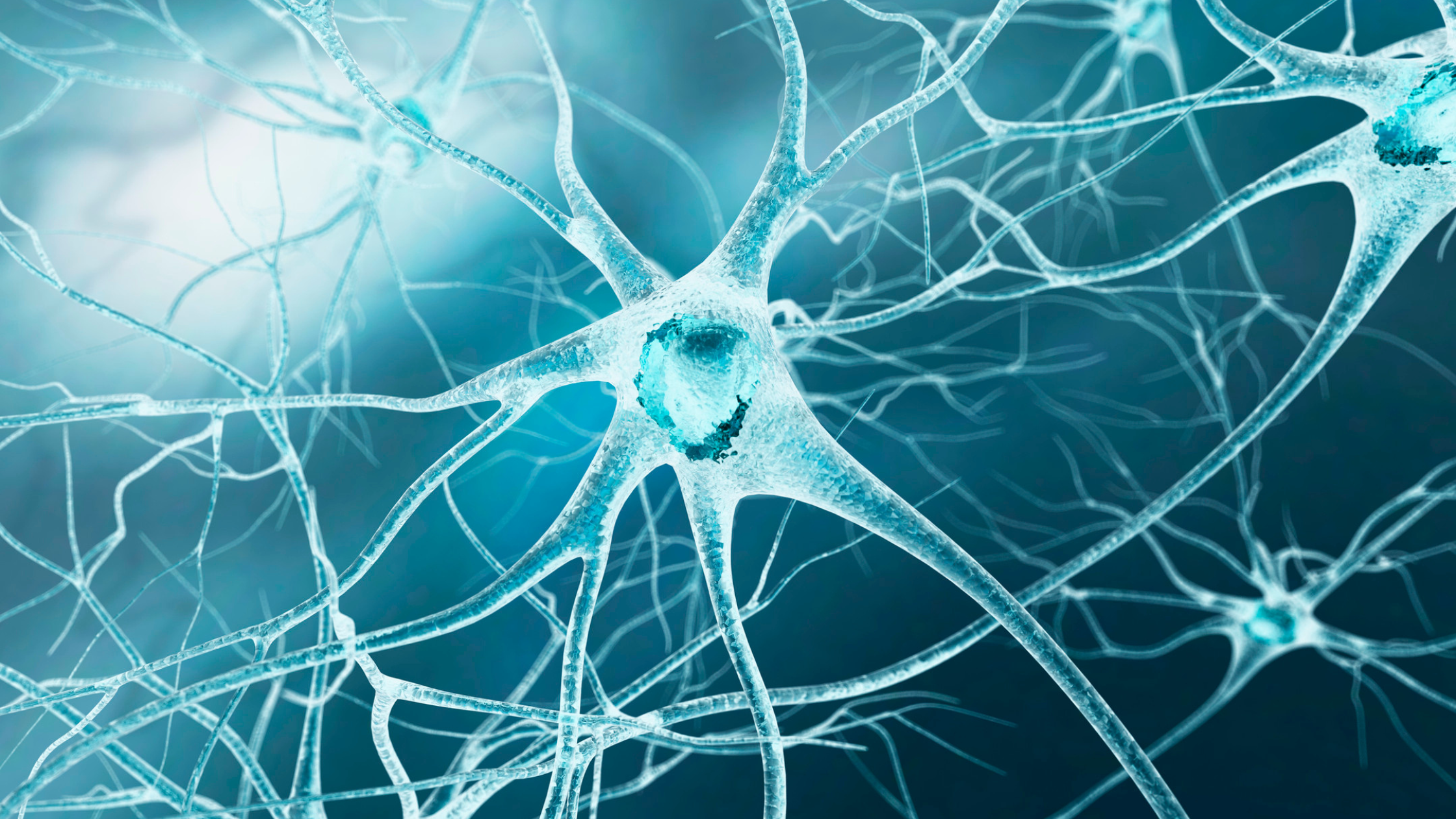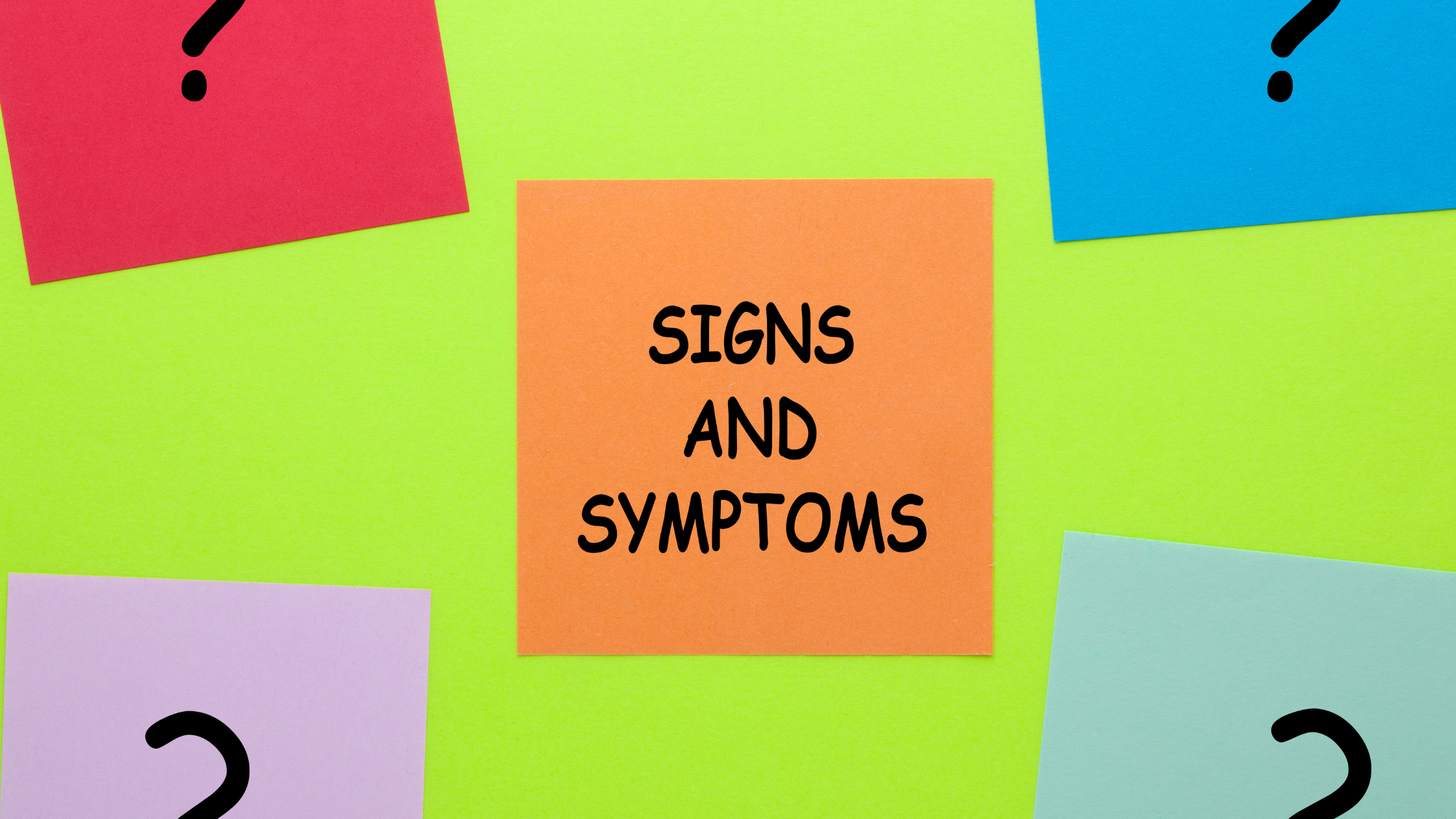Is Neurogenic Bladder Curable?
Written by TYE Medical on Oct 10th 2022
A neurogenic bladder is when an illness or injury causes brain, spinal cord, or nerve problems related to bladder function. Your brain, nerves, and muscles work together to ensure proper bladder control. But when this process is interrupted by a traumatic injury or medical conditions that damage your nerves or affect your brain, your bladder can’t function normally.
This article will review how your urinary tract functions and present treatment options to consider.
How Your Urinary System Works

Your urinary system includes your bladder, urethra, and kidneys. As your kidneys collect waste products from your blood, they create urine that passes into your bladder for storage. Meanwhile, your bladder muscles remain relaxed while your sphincter muscles close off the opening of your urethra (to prevent urine leaks).
But your nervous system also plays a vital role in this process. Messages are carried from your brain, through your spinal column, and to specific bladder and pelvic floor muscles, telling them to relax or contract. Your brain also received nerve signals from bladder nerves that indicate when your bladder is full or empty.
When your bladder nerves signal to the brain that your bladder is full, your brain tells your bladder muscle to contract. This also relaxes your urethral sphincter and allows urine to pass out of your bladder.
What Causes Neurogenic Bladder?

If illness or injury interrupts any part of this process, your bladder can’t function properly. It might retain urine when it should release it (urinary retention) or pass urine when it should retain it (incontinence). You might even feel the frequent need to urinate without being able to do so because bladder nerves are damaged and malfunctioning.
If a neurogenic bladder causes urine retention, it could mean that your nerves aren’t stimulating your muscles to contract and force urine through the sphincter. This problem could stem from damaged bladder nerves that are understimulating your bladder muscles, or from damaged bladder nerves that aren’t signaling to your brain that your bladder is full.
It’s also possible that something like an injury to the brain or spinal column has blocked signals between functioning nerves and your brain.
If your neurogenic bladder is causing incontinence, it could be due to overactive bladder nerves that are stimulating your bladder too frequently or too strongly. This can overpower your sphincter muscles, causing you to leak urine without the ability to control it.
Illnesses or diseases that can cause neurogenic bladder:
- Epilepsy
- Diabetic neuropathy (diabetic nerve damage)
- Dementias (like Alzheimer’s)
- Strokes
- Multiple sclerosis (MS)
- Parkinson’s disease
- Brain tumors
- Neurological infections
What Are Common Neurogenic Bladder Symptoms?

If you have a neurogenic bladder, you might experience symptoms like:
- Urinary tract infections
- Weakened urge “to go”
- Can’t go when you need to
- Urine leaks (incontinence)
- Urinating too often
- Dribbling urine
Your symptoms will vary depending on the type of nerve damage you have.
Cures and Treatment Options

If the underlying cause of nerve damage is treated so that the damaging effects cease, this can give your nerves time to heal and repair naturally. The degree of repair depends on each situation, the extent of damage, and your body’s ability to heal itself. This varies from person to person.
But if damage continues, your body won’t be able to repair itself quickly enough. This means your neurogenic bladder symptoms will continue but can, however, be managed.
Effective treatments prevent kidney damage and relieve symptoms.
Lifestyle Changes to Treat Neurogenic Bladder
Lifestyle changes are often the first line of defense if your nerve damage is less extensive. These types of treatments focus on changing daily habits that could improve the underlying condition, mitigate symptoms, or control existing symptoms.
Dietary changes:
Limiting or avoiding certain bladder-irritating foods can reduce symptoms like discomfort, frequent urination, or even pain. Some of the most common bladder irritants are spicy foods and caffeine found in coffees, teas, sodas, and energy drinks
Scheduled voiding:
This can help with frequent urination as you train your bladder to hold urine until the next scheduled voiding time. Set a schedule that is challenging but reasonable and as this schedule becomes easier, you can extend the time between voiding according to your doctor’s recommendation. If you struggle to feel the urge to go (the opposite of frequent urination), a schedule can help you as you empty your bladder at routine times. This prevents pain, discomfort, and bladder infections.
Pelvic floor exercises:
You can contribute to healthy bladder function through pelvic floor muscles exercises that strengthen the muscles supporting your bladder. The most common pelvic floor exercises are Kegels. While sitting, standing, or lying down, you contract your lower pelvic muscles as if you’re trying to hold back urine. Hold it for a few seconds and then release. Other pelvic floor exercises focus on strengthening you’re core and involve some yoga moves.
Medical Treatments for Neurogenic Bladder
When a neurogenic bladder begins to interrupt your daily life in a more intrusive way, you might want to consider a medical approach. Medications (including botox injections) are available to help relieve certain bladder symptoms due to nerve damage such as overactive bladder and urinary retention.
You can also try different types of catheters, nerve stimulation treatments, and nerve modulation therapy (for overactive bladder). Surgery may be an option as a last resort, depending on the type of nerve damage you have.
It’s always best to treat the underlying condition if possible or manage the condition as best you can under doctor supervision. Lifestyle changes and medical treatments can improve your quality of life even if you’re not able to completely reverse a neurogenic bladder.


